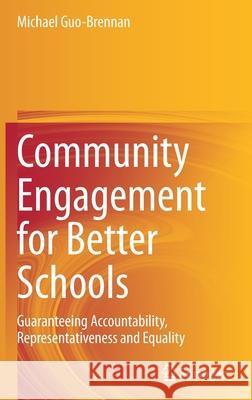Community Engagement for Better Schools: Guaranteeing Accountability, Representativeness and Equality » książka
topmenu
Community Engagement for Better Schools: Guaranteeing Accountability, Representativeness and Equality
ISBN-13: 9783030540371 / Angielski / Twarda / 2020 / 291 str.
Community Engagement for Better Schools: Guaranteeing Accountability, Representativeness and Equality
ISBN-13: 9783030540371 / Angielski / Twarda / 2020 / 291 str.
cena 574,14
(netto: 546,80 VAT: 5%)
Najniższa cena z 30 dni: 539,74
(netto: 546,80 VAT: 5%)
Najniższa cena z 30 dni: 539,74
Termin realizacji zamówienia:
ok. 16-18 dni roboczych.
ok. 16-18 dni roboczych.
Darmowa dostawa!
Kategorie:
Kategorie BISAC:
Wydawca:
Springer
Język:
Angielski
ISBN-13:
9783030540371
Rok wydania:
2020
Wydanie:
2020
Ilość stron:
291
Waga:
0.61 kg
Wymiary:
23.39 x 15.6 x 1.91
Oprawa:
Twarda
Wolumenów:
01
Dodatkowe informacje:
Wydanie ilustrowane











